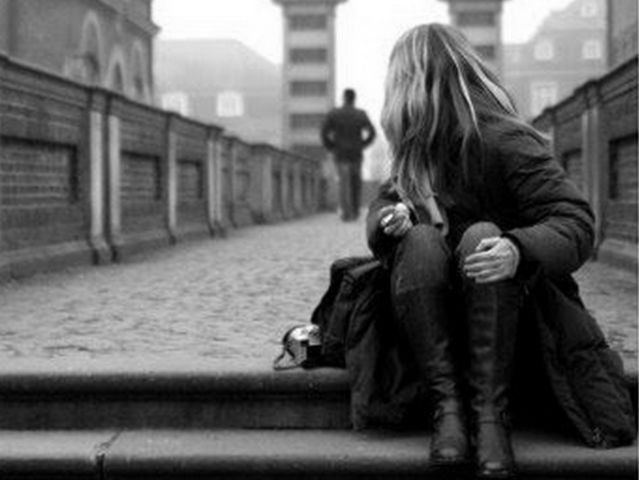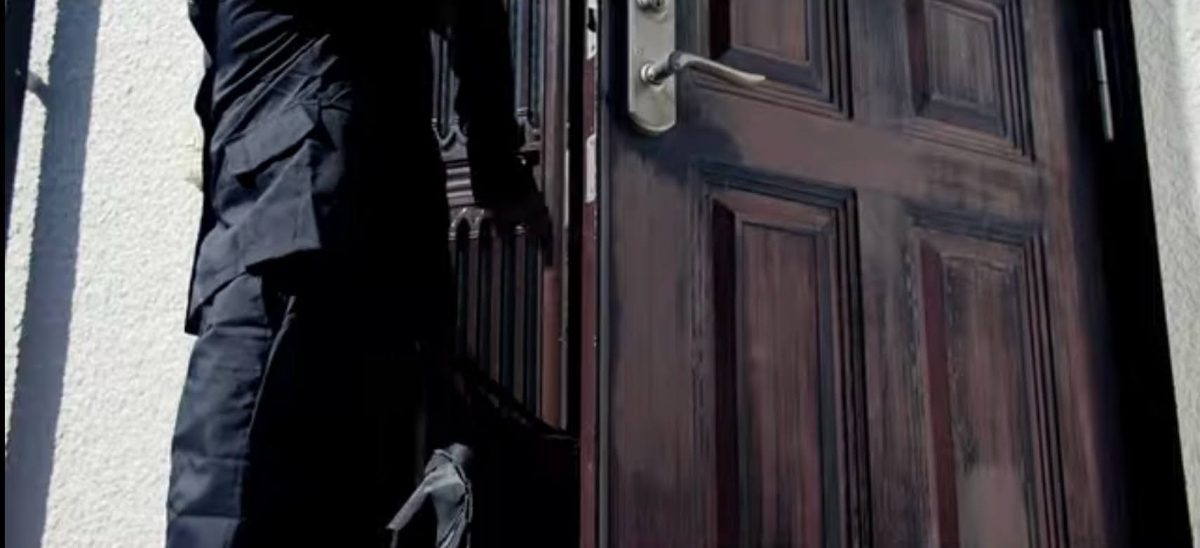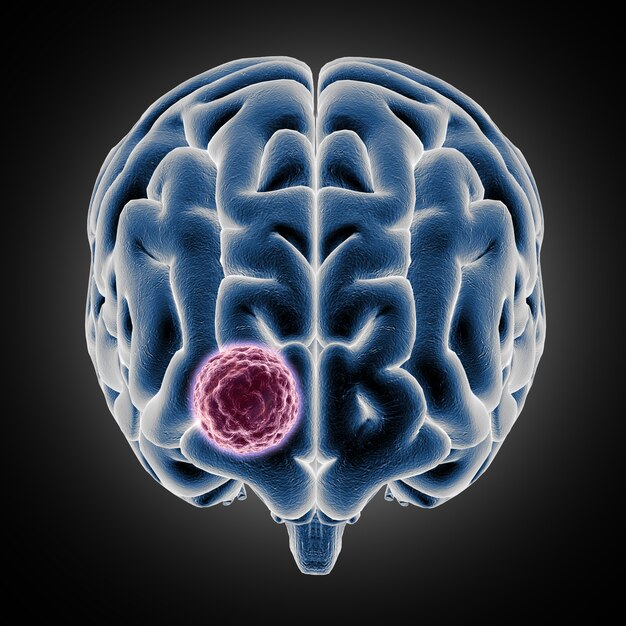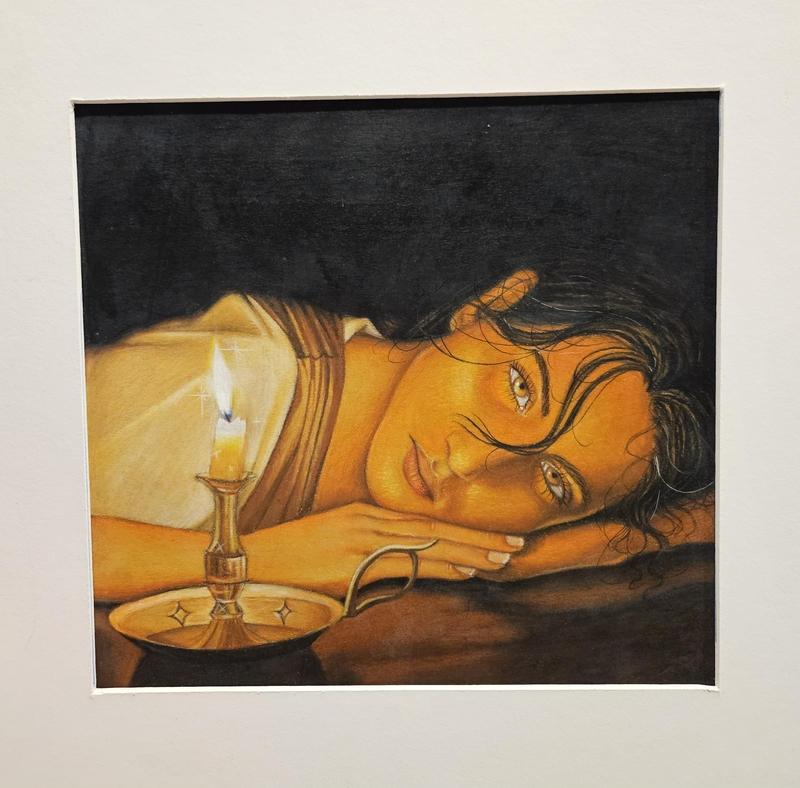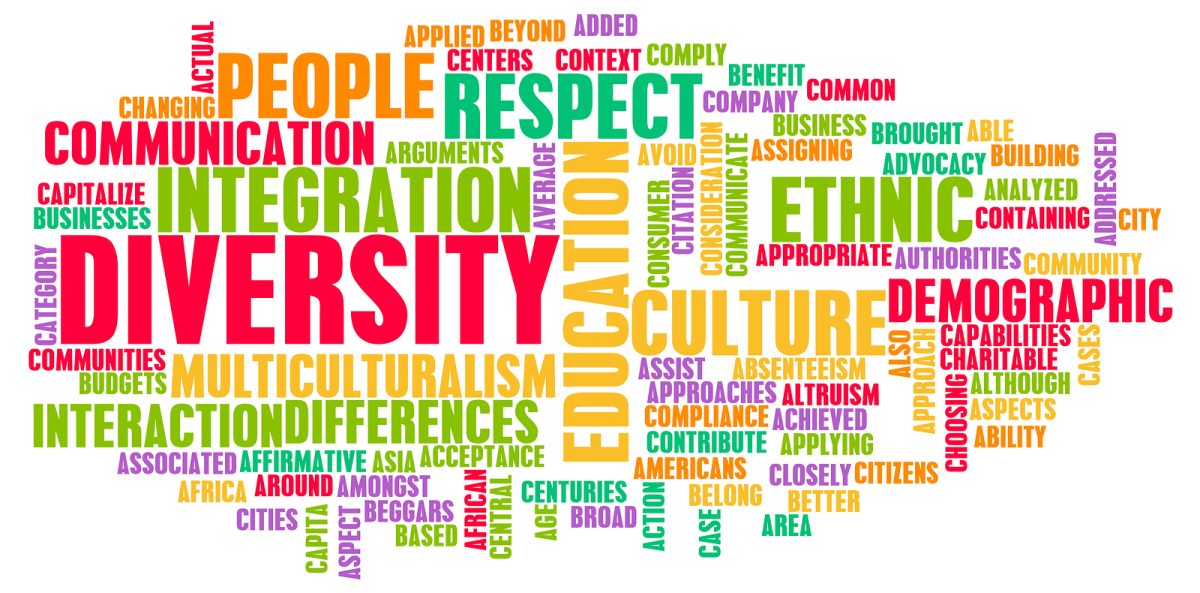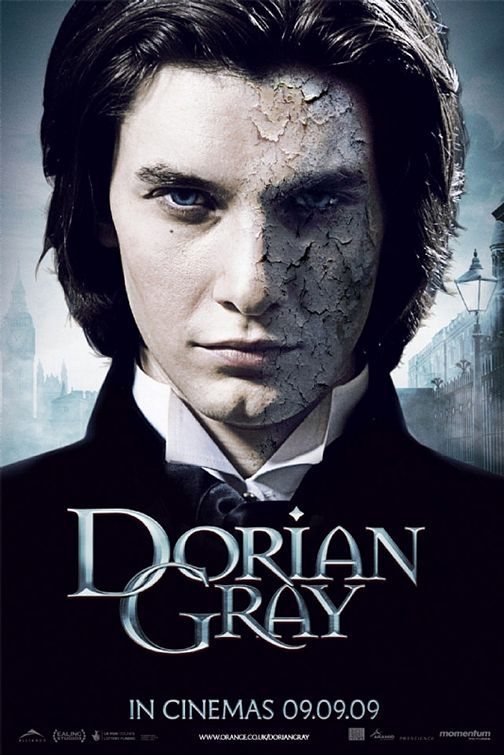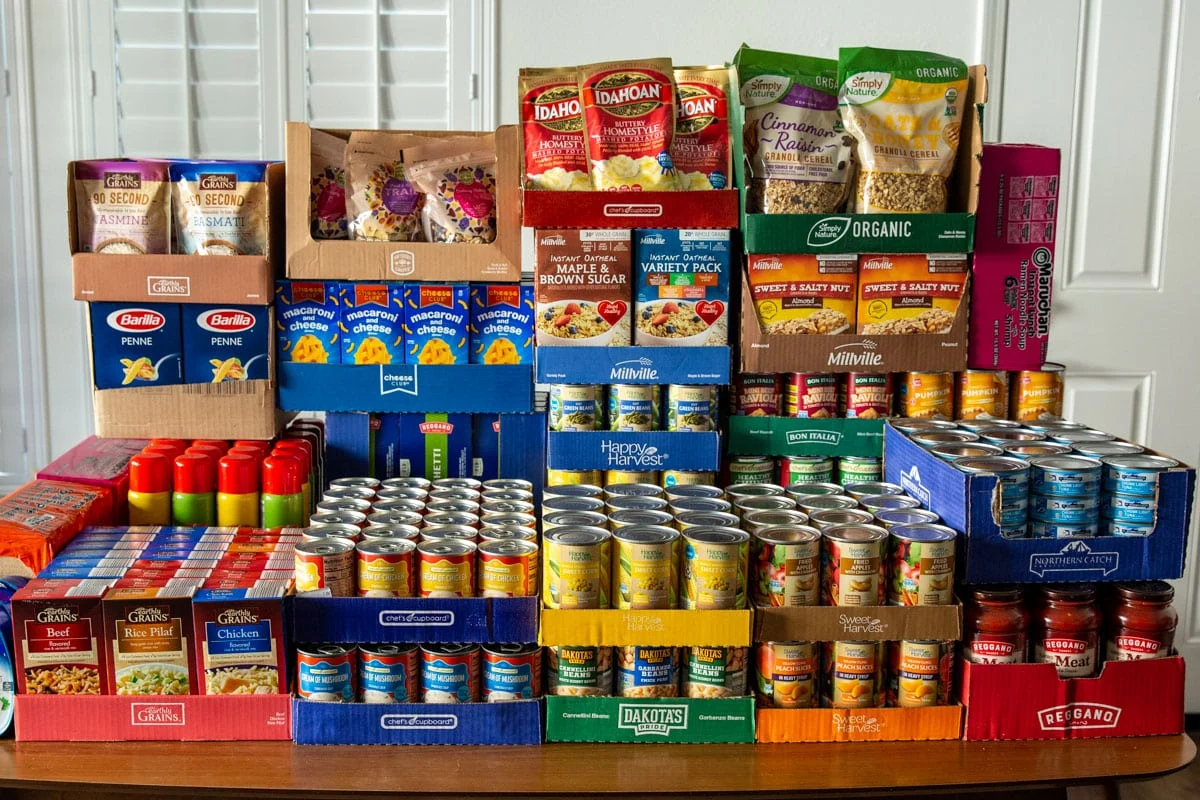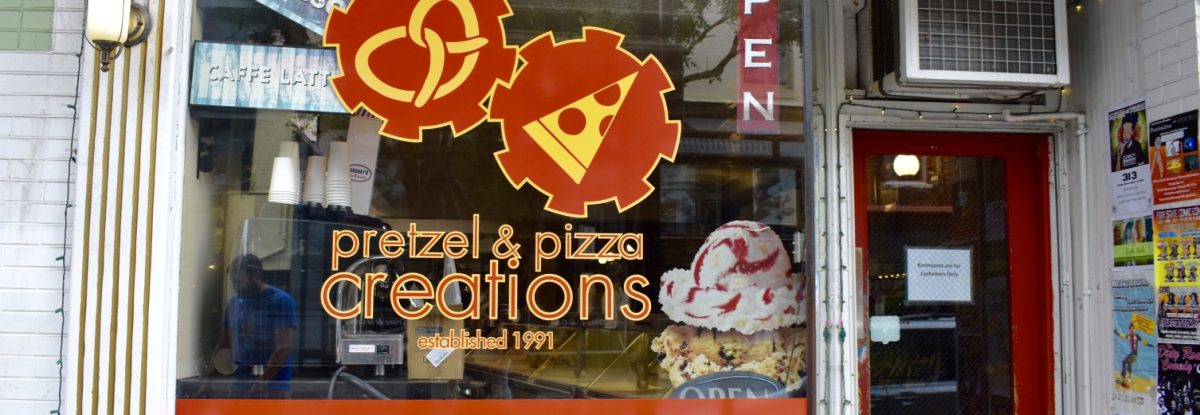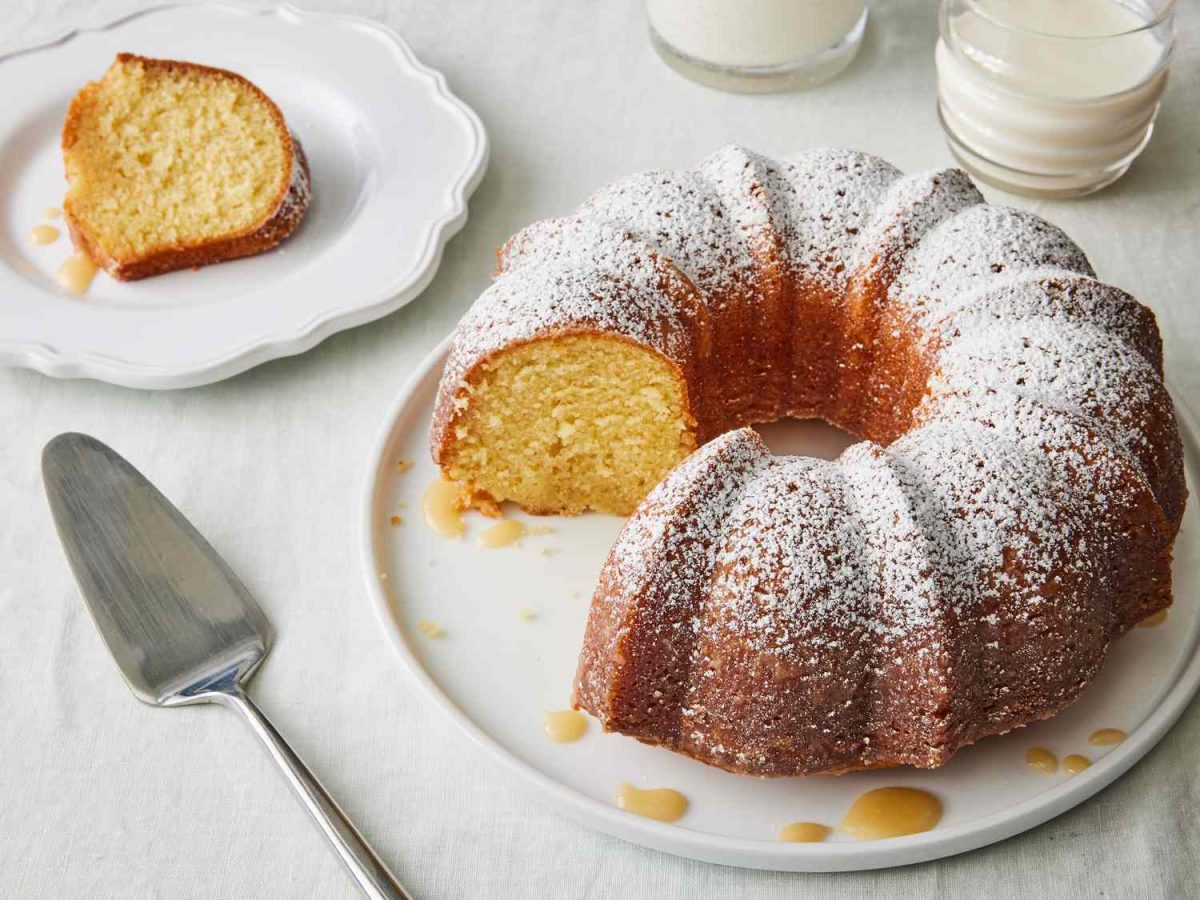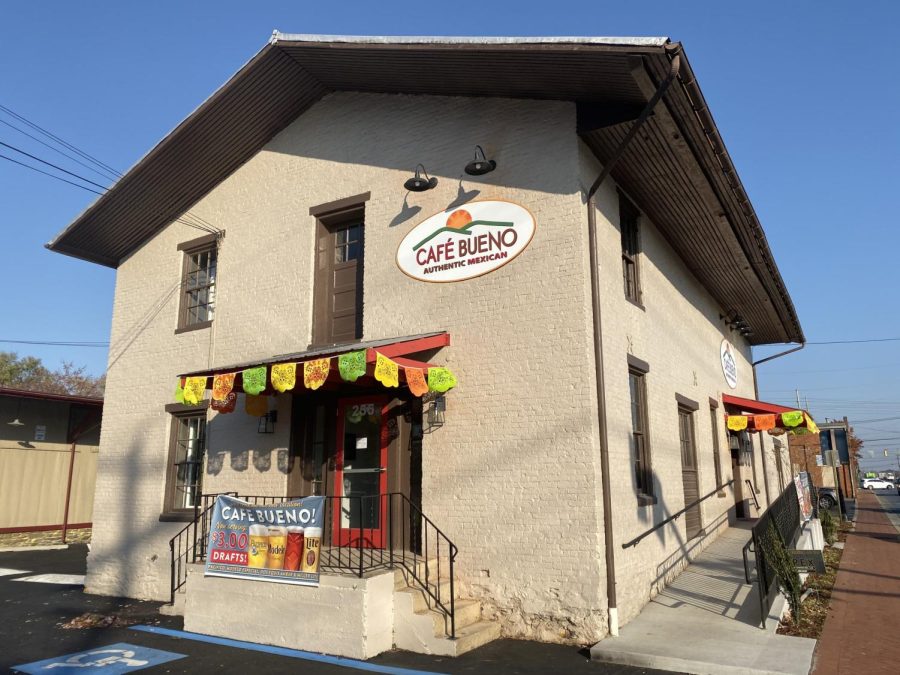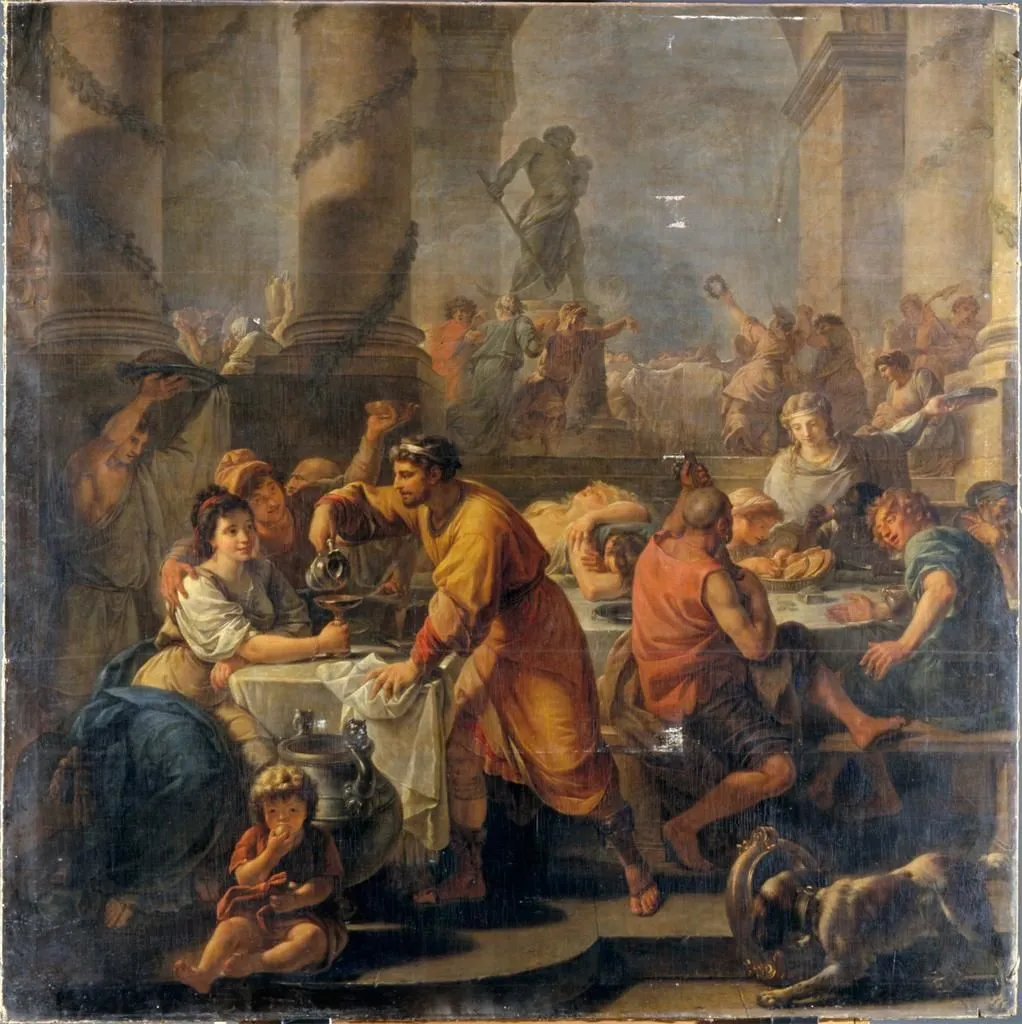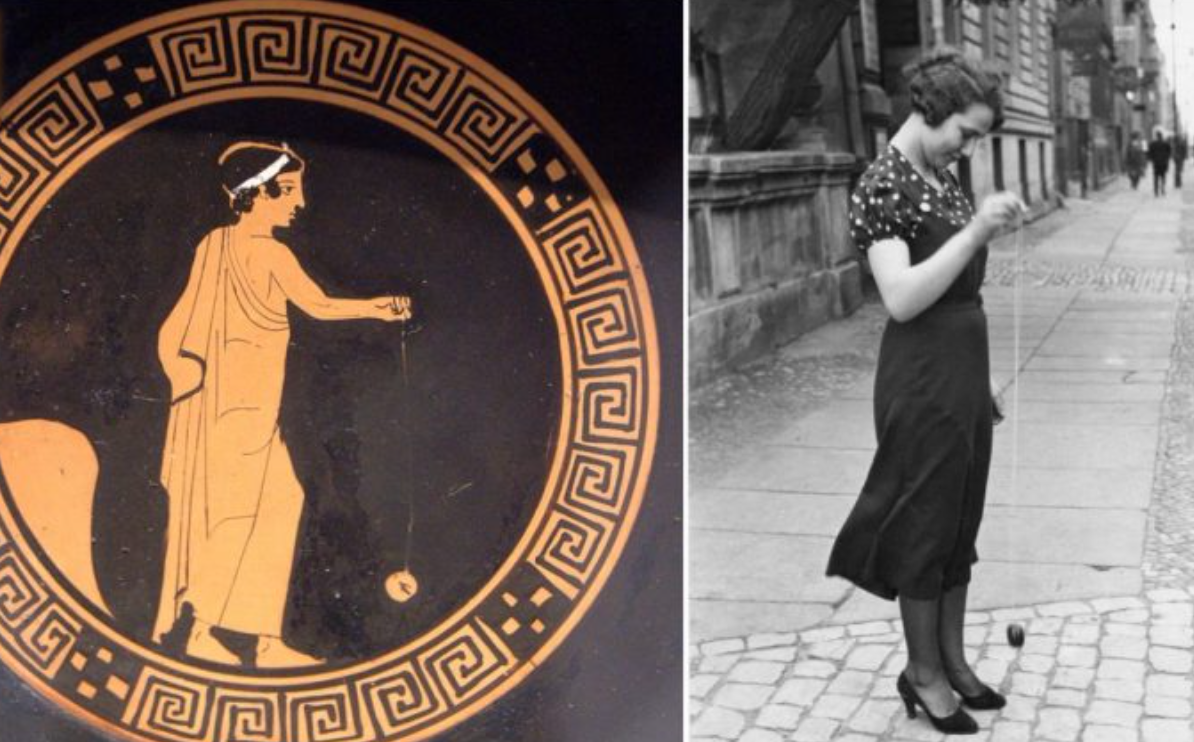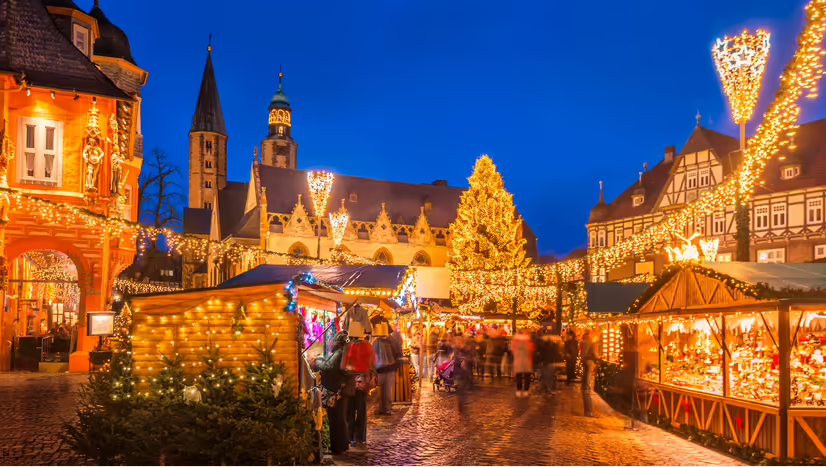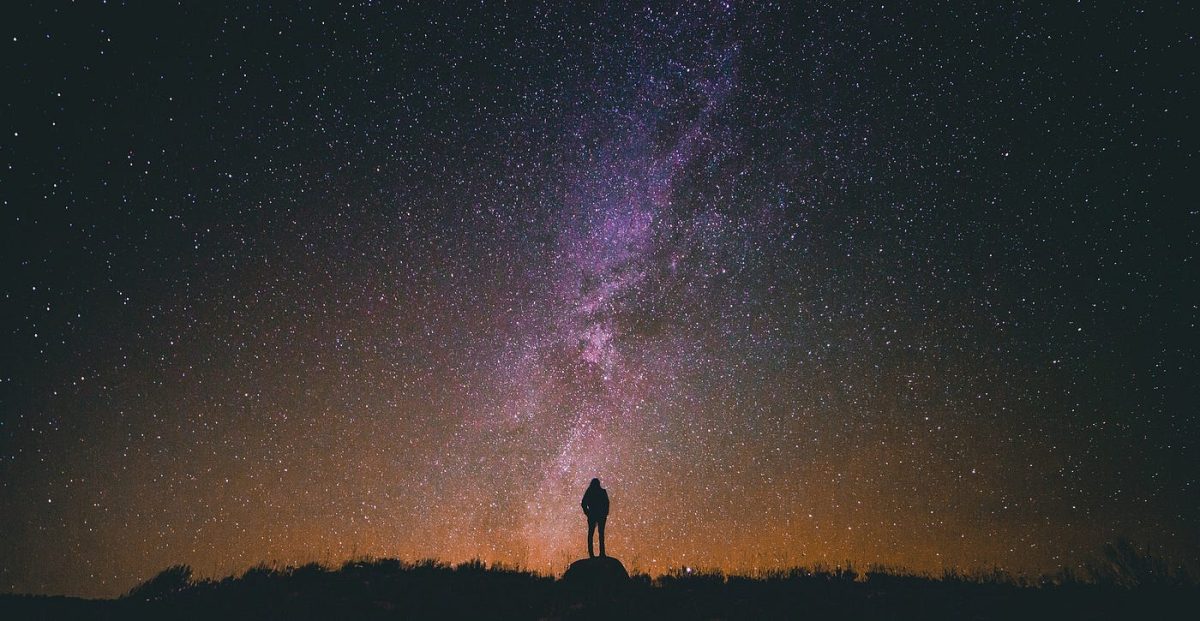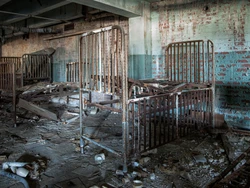Christmas. It’s a time of cheer, of gift-giving, of Santa Claus, cookies and milk, gathering with family, and celebrating Jesus Christ. While the holiday is arguably the most popular holiday in the United States, many don’t know about its complicated, ancient origins. Long before Christmas was a time marked with Santa, candy, elves, and Christmas trees it was a time marked with debauched drunkenness and chaos. So what is the story of Christmas, and how did it come to be what we know it as today?
Christmas, as with many traditions, has its roots in ancient times. Christmas, without a doubt, is about the birth of Jesus Christ. However, as early Christianity began to spread throughout Europe under the Roman Empire the holiday evolved and borrowed many aspects from already existing pagan celebrations. The Romans had their own midwinter festival, known as Saturnalia, which was held on December 17th and ran until the 23rd. It was held in honor of the Roman god Saturn, and the celebration called for private gift-giving, continual partying, copious feasts, and an absurd amount of drinking. Interestingly, social norms were overturned during the celebration: gambling was permitted, and roles between slaves and masters were flipped briefly. There was also a “King of the Saturnalia” elected, who presided over the partying and gave orders to the people.

Saturnalia (1783) by Antoine-François Callet.
Northern Europeans had their own midwinter celebration too. And as the Roman Empire expanded into these territories, their traditions were incorporated into the emerging, hodge podge of early Christmas celebrations. The Germanic people had a winter festival known as Yuletide, which was held in honor of Odin. Similar to the Romans, they drank copious amounts of alcohol during this time, served hot and spiced to keep them warm. The Germanic people would bring evergreen trees into their homes, considered magical because they never lost their leaves. They would also decorate their homes with holly, mistletoe, wreaths, and bells. The tradition of making gingerbread also seems to come from this time, as ginger was not widely available in Northern Europe and so it was only reserved for special occasions such as Yuletide.
The tradition of Christmas continued long after the Roman Empire fell, however it remained a festival of absurd drunkenness and rowdiness for a long, long time. In England, drunken mobs would take over the streets, and a “Lord of Misrule” was elected to preside over the partying, sound familiar? During the middle ages gift-giving was usually between people with legal relationships, such as tenants and landlords. The celebration was even briefly banned in the Puritan colonies, “For preventing disorders arising in several places within this jurisdiction, by reason of some still observing such festivals as were superstitiously kept in other countries, to the great dishonor of God and offence of others, it is therefore ordered by this Court and the authority thereof, that whosoever shall be found observing any such day as Christmas or the like, either by forbearing of labor, feasting, or any other way, upon such accountants as aforesaid, every person so offending shall pay of every such offence five shillings, as a fine to the county.”
Throughout the 17th and 18th centuries Christmas underwent a lot of scrutiny from groups such as the Puritans. It was briefly outlawed in England in 1647, and riots ensued. It was eventually restored as a legal holiday in 1660, though many Christians still disapproved of its celebration. It wasn’t until the early 19th century when Christmas began to look like the Christmas we know today. Writers such as Charles Dickens published books depicting Christmas as a family-centered, kind-hearted celebration, which helped to change the image of the holiday. Dickens popularized many aspects of the modern Christmas such as family gatherings, seasonal food and drink, dancing, games, and the festive “Christmas” spirit. The phrase “Merry Christmas” even comes from his book. As a result, the Christmas we know and love today slowly took shape, and it no longer remained a holiday marked by chaos.
Christmas has changed a lot since its inception with early Christians living under the Roman Empire. While it was once a holiday marked by drunkenness, gambling, and promiscuity it has changed over the centuries to a holiday of family-gathering, kindness, and generosity.










